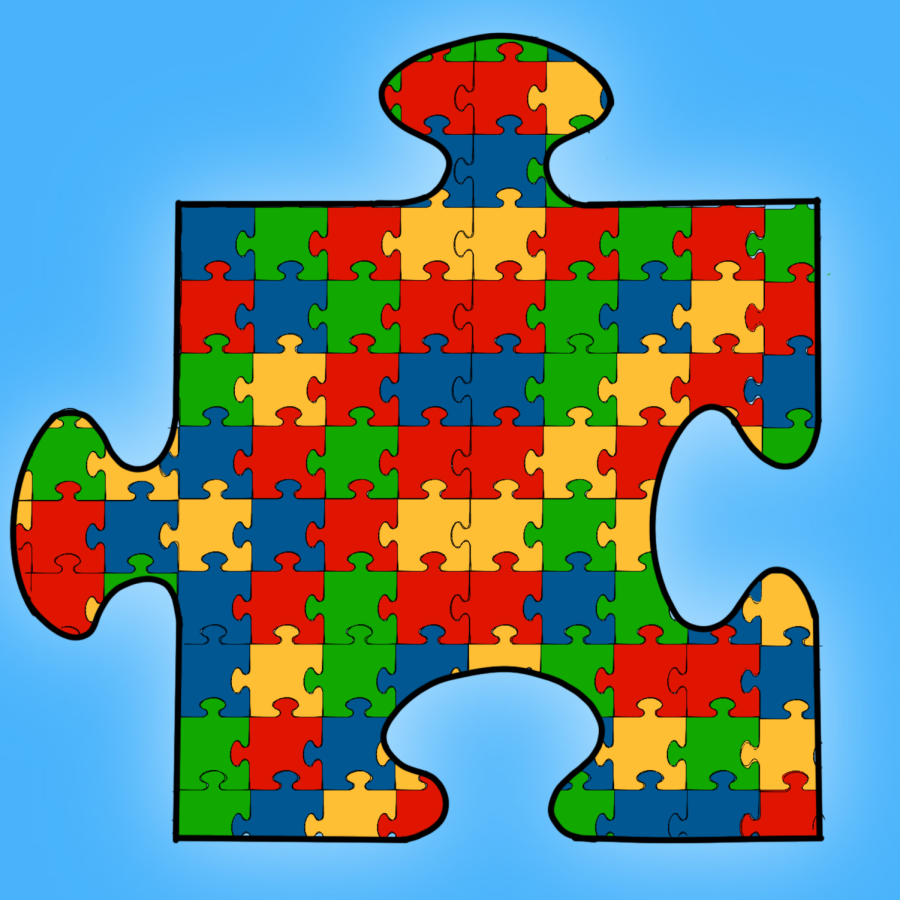Banish autism assumptions
April 19, 2022
Dear reader,
As an older sister with a brother that has autism, I have had to correct and deal with the lack of understanding surrounding autism disorder. With social media being our main source of news, misconceptions have been created about what autism is. With April being Autism Awareness Month, I wanted to address some common myths about autism.
What is Autism?
Autism is “a developmental disability caused by differences in the brain.” It can cause changes in behavior, learning and communication. Autism is a spectrum, which means that people with it can have a range of different symptoms. Some common symptoms include challenges with social communication, repetitive behaviors, delayed language, hyperactivity and many more.
Myth: Everyone with autism is the same.
Autism is not one-size-fits-all. Those with autism are each affected differently by it, and symptoms can be vastly different for individuals. When I mention to people that my brother has autism, the most common response I get is, “he doesn’t look like he has autism,” as if everyone with autism looks, acts or sounds the same.
Myth: They are antisocial
Some people with autism do not like social settings due to their overwhelming nature, however, this does not mean that they are all antisocial. A problem some people with autism have is reading or understanding social cues, which can cause anxiety about being social. My brother loves being the center of attention at social gatherings. Although he may not understand all of the jokes being made and struggles to pick up social cues, he will always agree to going out and being around people.
Myth: Autism causes a lack of emotion.
Those diagnosed feel the same emotions that the people around them do but have a hard time expressing these emotions. This may make it seem like they lack empathy or are not affectionate, but that is far from the truth. Autism is different for everyone, so while one person with autism can be very expressive, others may be more reserved. Since communication can be difficult for some with autism, expressing or even understanding how they feel can be hard. This does not mean they feel any less than others.
As April starts coming to a close, I hope that people do not stop spreading awareness about what autism really is. It is hard to see when people assume negative things or poke fun at autism when it affects someone you are close to. When I asked my brother how he felt about his autism, he said, “I honestly feel great about my autism. It makes me feel unique and creative in any way and it makes me feel more social.” For as long as I can remember, he has always been very prideful about his diagnosis of autism and loves sharing about it with others. This is why I decided to write this — to be a little more like him.
Regards,
A Protective Older Sister







